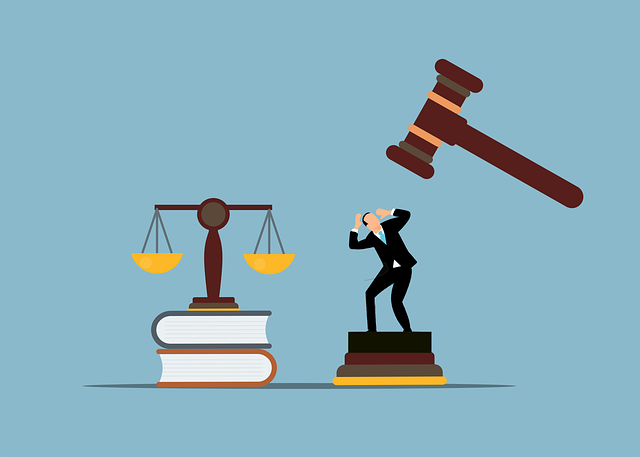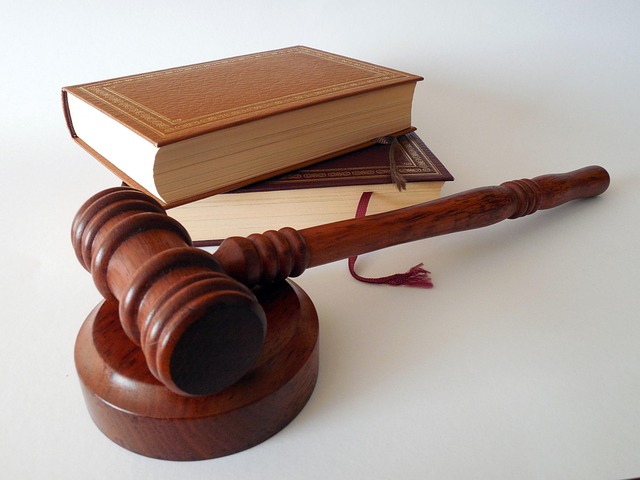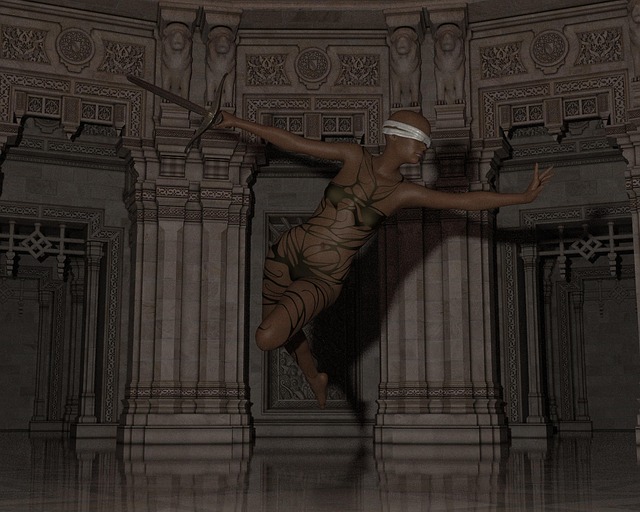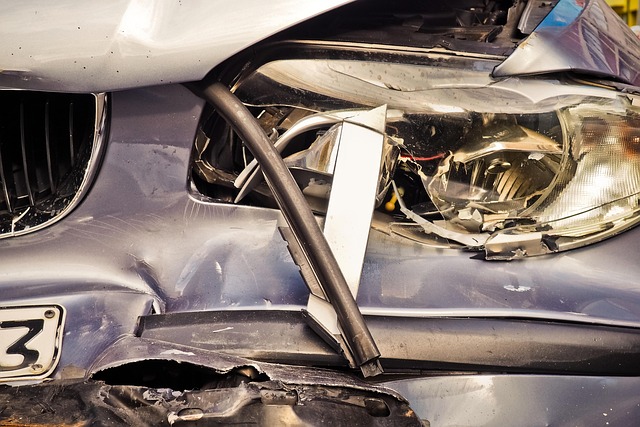Motorcycle accidents can lead to severe head injuries, ranging from concussions to traumatic brain injuries (TBI), causing physical and emotional trauma. Immediate medical attention is vital for optimal recovery, with professional care, treatment, and rehabilitation tailored to severity. Legal guidance is recommended for navigating complexities, especially with prolonged recovery or permanent disabilities. Post-accident care emphasizes rest, monitoring, and early intervention, including therapy and support groups, while long-term management involves regular check-ups and adjustments.
Motorcycle accidents can lead to severe head injuries, with various types and levels of severity. Understanding these injuries and their impact is crucial for riders and medical professionals alike. This article explores the recommended strategies for recovering from a motorcycle accident head injury, focusing on expert-backed medical treatments, post-accident care, and long-term management techniques for optimal healing. By delving into these aspects, we aim to provide valuable insights for those affected by such injuries.
- Understanding Motorcycle Accident Head Injuries: Types and Severity
- Medical Treatment and Recovery Strategies Recommended by Experts
- Post-Accident Care and Long-Term Management for Optimal Healing
Understanding Motorcycle Accident Head Injuries: Types and Severity

Motorcycle accidents can result in a range of injuries, with head injuries being particularly severe and life-altering. Understanding the types and severity of these injuries is crucial for victims and their families as it dictates the course of recovery and rehabilitation. Motorcycle accident head injuries vary from mild concussions to serious traumatic brain injuries (TBI). Concussions are common, causing symptoms like dizziness, headaches, and disorientation. More severe TBI can lead to long-term cognitive impairments, memory loss, and even coma.
The impact of a motorcycle crash on the head can cause not only physical but also emotional trauma. Unlike car accidents, motorcycle crashes often lack the protection of a vehicle’s cabin, exposing riders to direct impact with the road or other objects. This heightened vulnerability increases the risk and severity of head injuries, which may require specialized medical attention from professionals experienced in managing such cases. Consulting with a competent car accident lawyer or elder law expert can be beneficial for victims navigating the legal complexities following a motorcycle accident and its aftermath.
Medical Treatment and Recovery Strategies Recommended by Experts
In the aftermath of a motorcycle accident involving head injury, seeking immediate medical attention is paramount. Experts emphasize the critical nature of professional care and specialized treatment for optimal recovery. Typically, this involves a comprehensive assessment by emergency medical personnel, who may employ various diagnostic tools to evaluate the extent of the injury. For mild concussions, rest and gradual return to physical activities are recommended, while more severe head injuries might require hospitalization and surgical intervention.
During rehabilitation, patients are guided through a structured plan focusing on cognitive rest, physical therapy, and gradual reintegration into daily routines. Experts encourage adherence to prescribed treatments, including speech therapy for language and communication issues, occupational therapy for daily living skills, and physical therapy for motor function restoration. Additionally, psychological support is vital to address potential emotional trauma and post-traumatic stress stemming from the accident. For those facing protracted recovery or permanent disabilities, consulting a truck accident lawyer may be advisable, as they can provide guidance on legal rights and compensation options, distinct from addressing medical care and car accident injuries.
Post-Accident Care and Long-Term Management for Optimal Healing

Post-accident care is a crucial phase for anyone who has suffered a motorcycle accident head injury. In addition to immediate medical attention, patients should prioritize rest and avoid strenuous activities. This period involves close monitoring by healthcare professionals, who may recommend physical therapy, cognitive rehabilitation, or even psychological support to help individuals cope with the aftermath of the trauma. Early intervention is key in promoting optimal healing and managing pain effectively.
Long-term management for motorcycle accident head injury patients requires a comprehensive approach. Regular check-ups with neurologists and specialists are essential to track recovery progress. Patients may need ongoing therapy, medication adjustments, or even assistive devices to adapt to potential long-term effects. Moreover, supporting networks, including family, friends, and support groups, play a vital role in the patient’s emotional well-being, fostering resilience during the healing process, and ensuring a better quality of life.
Motorcycle accidents can lead to severe head injuries, emphasizing the importance of immediate medical attention and expert care. Understanding the types and severity of these injuries is crucial for optimal recovery. Experts recommend a comprehensive approach, including medical treatment, post-accident care, and long-term management strategies. By following these guidelines, individuals can enhance their chances of healing and mitigate potential long-term effects of a motorcycle accident head injury.





